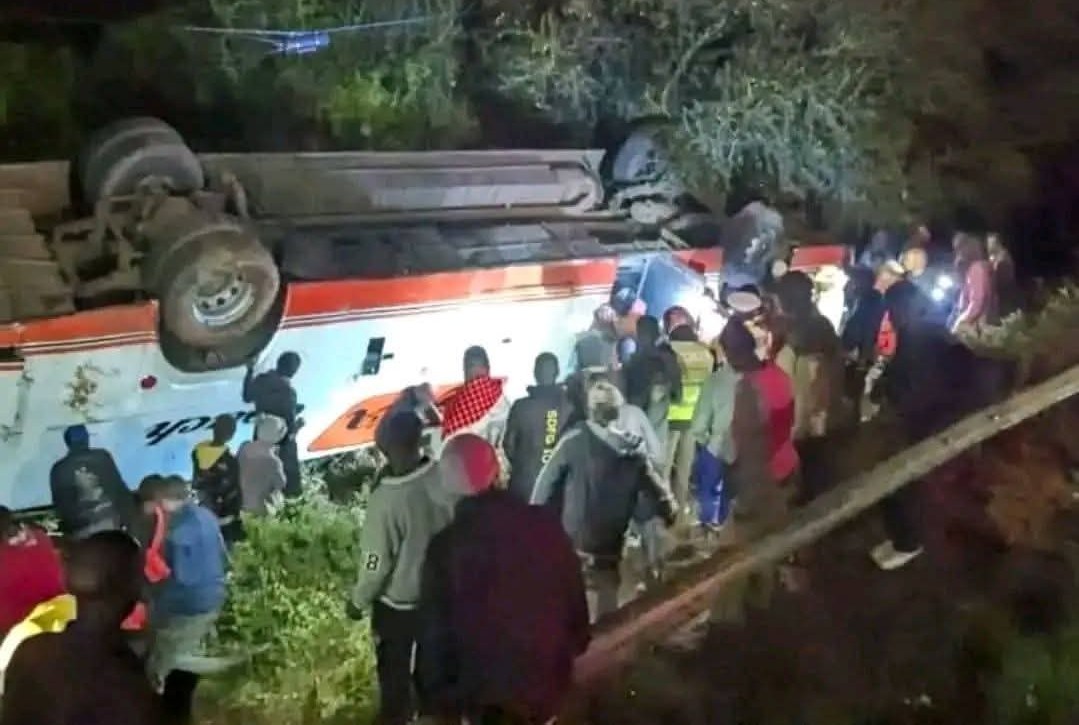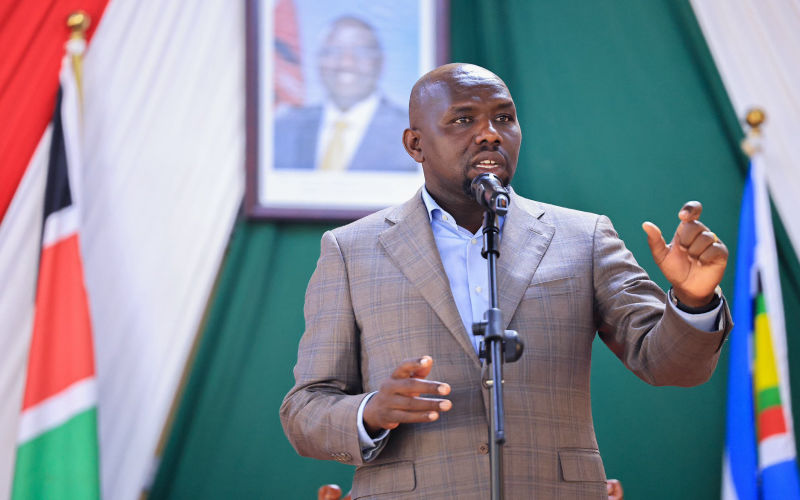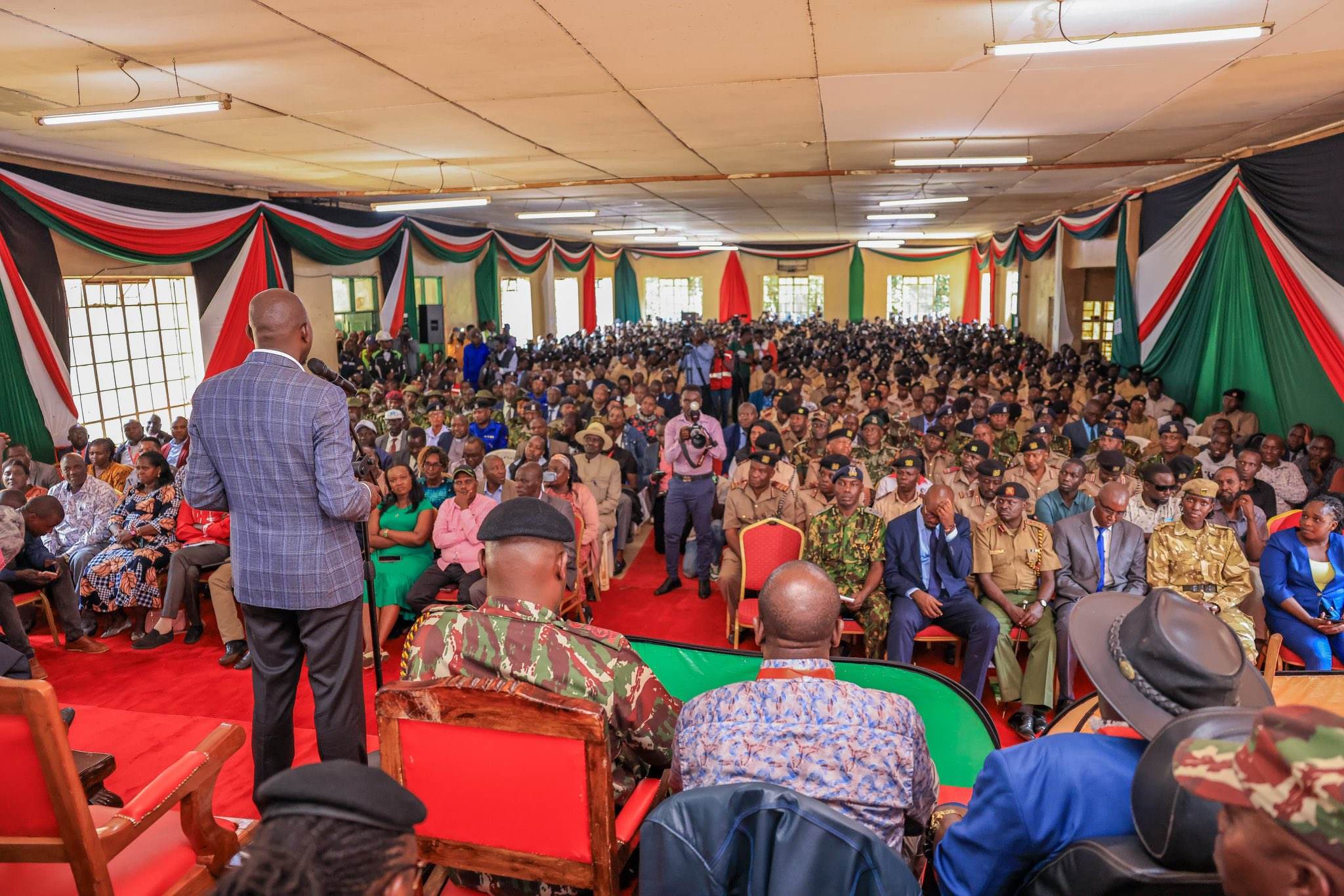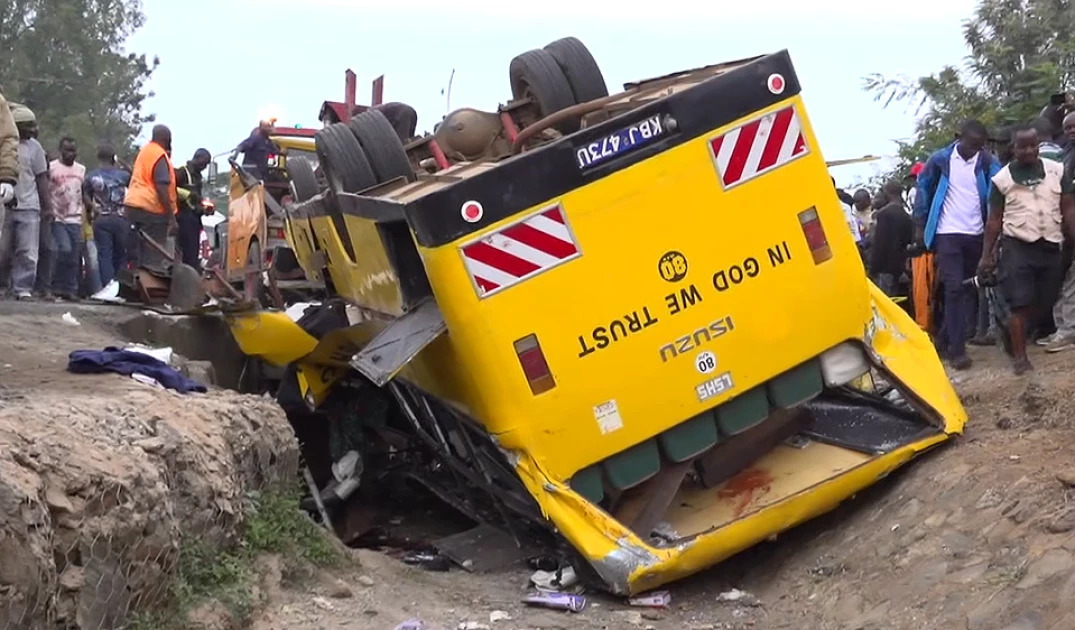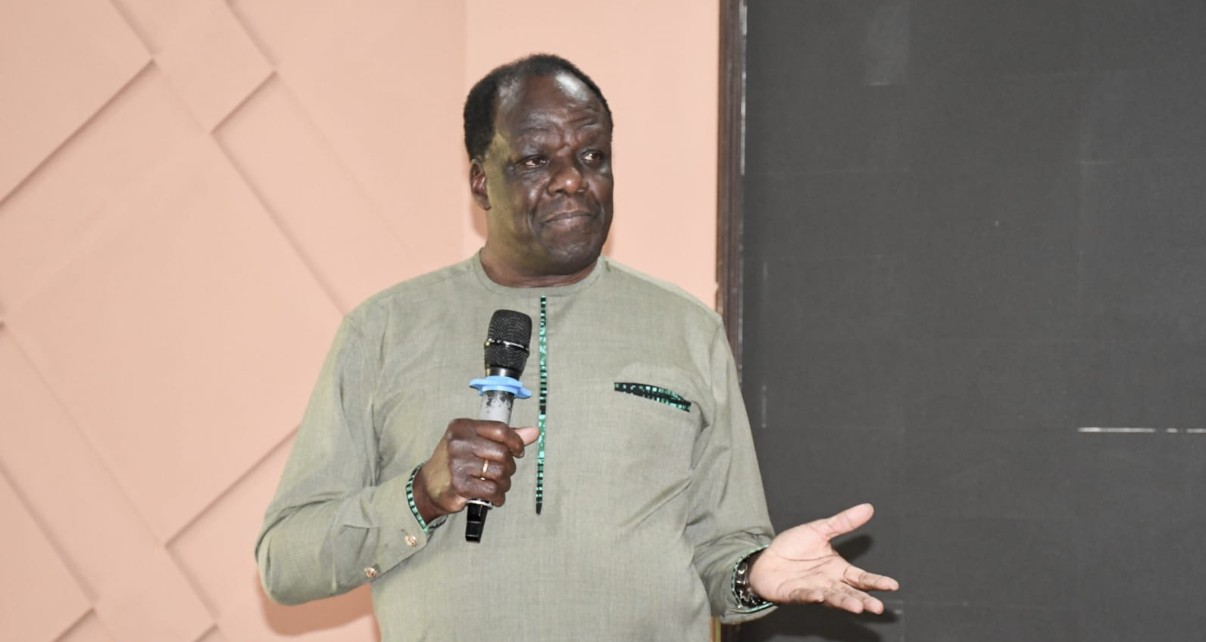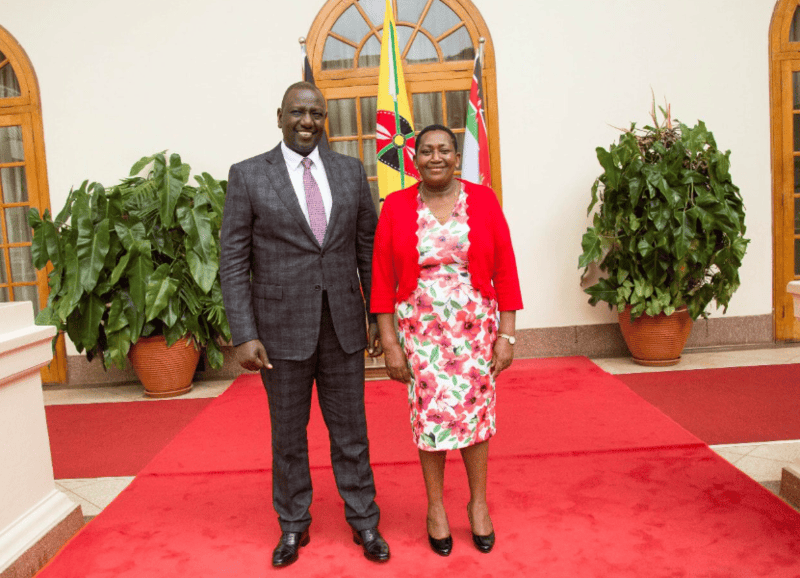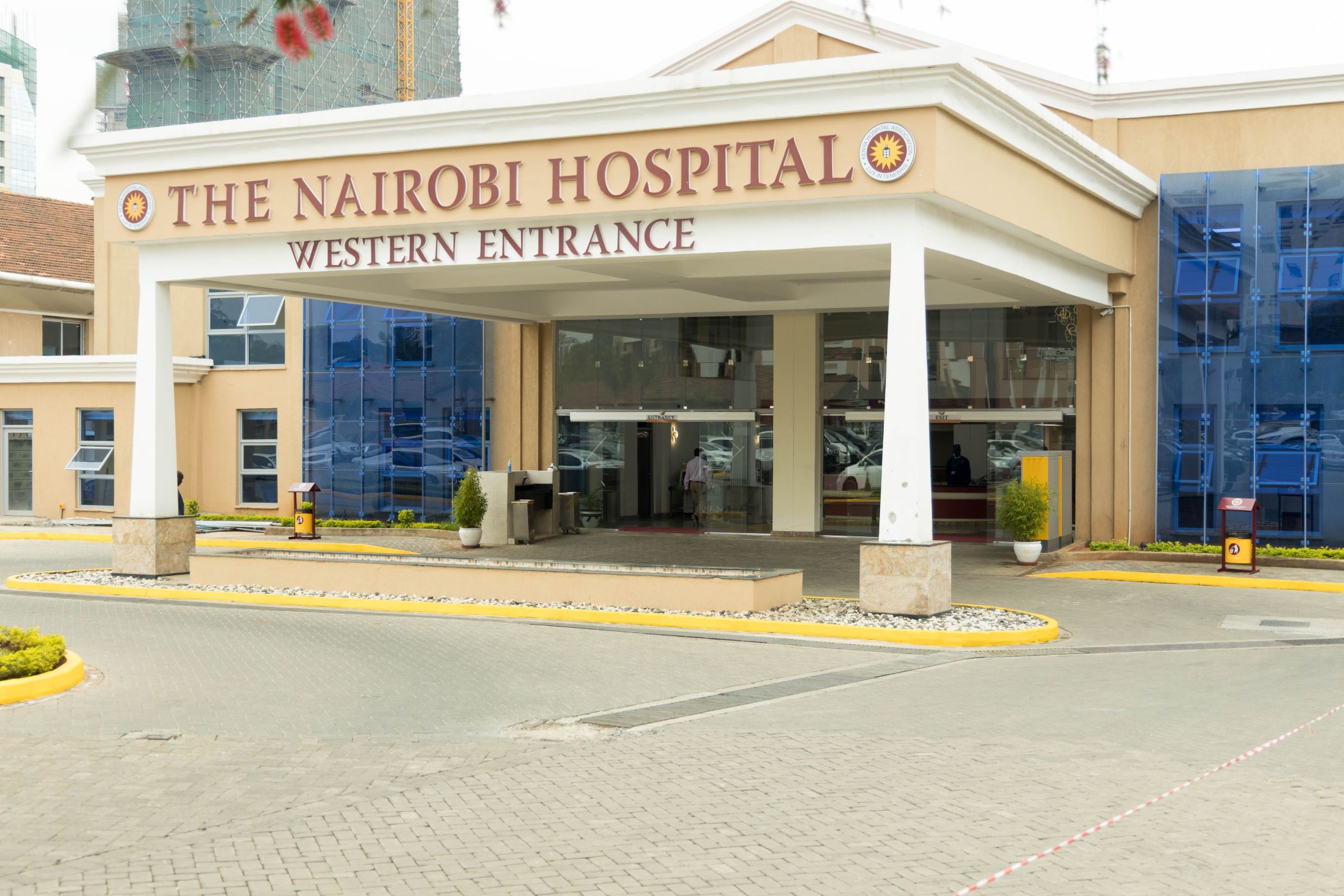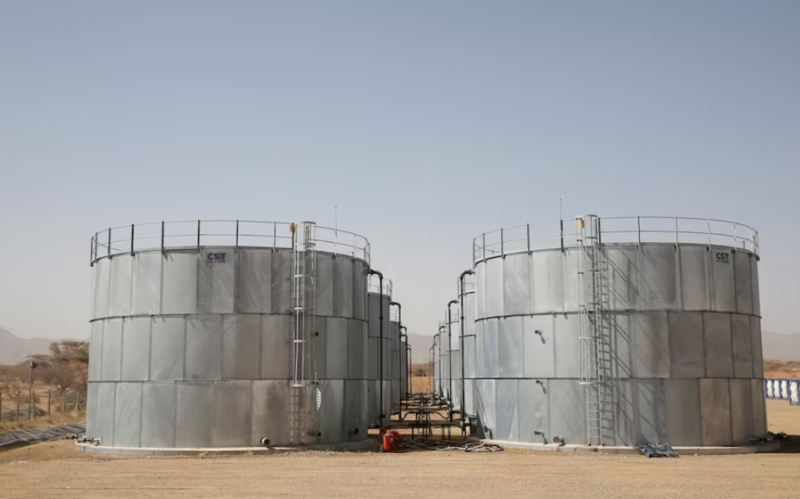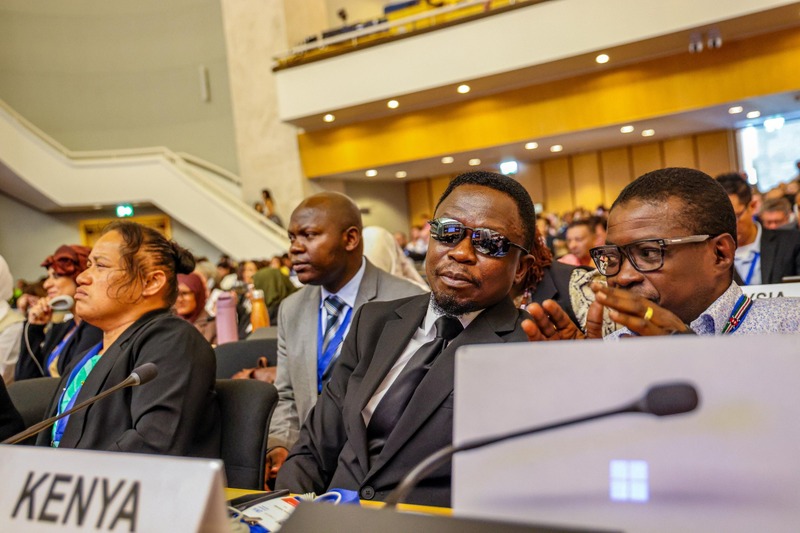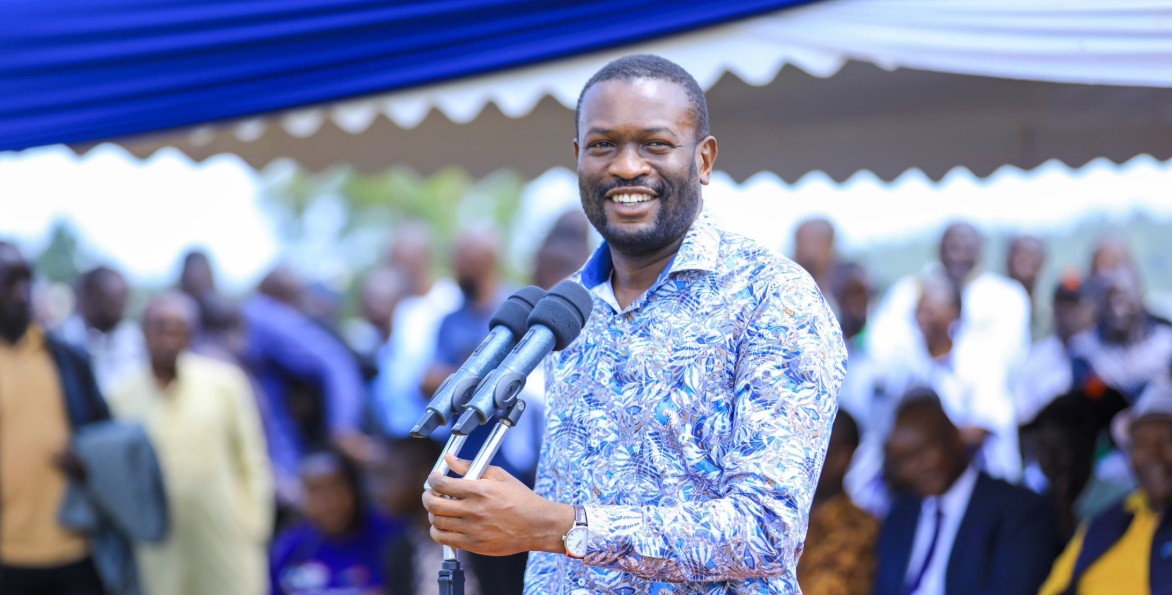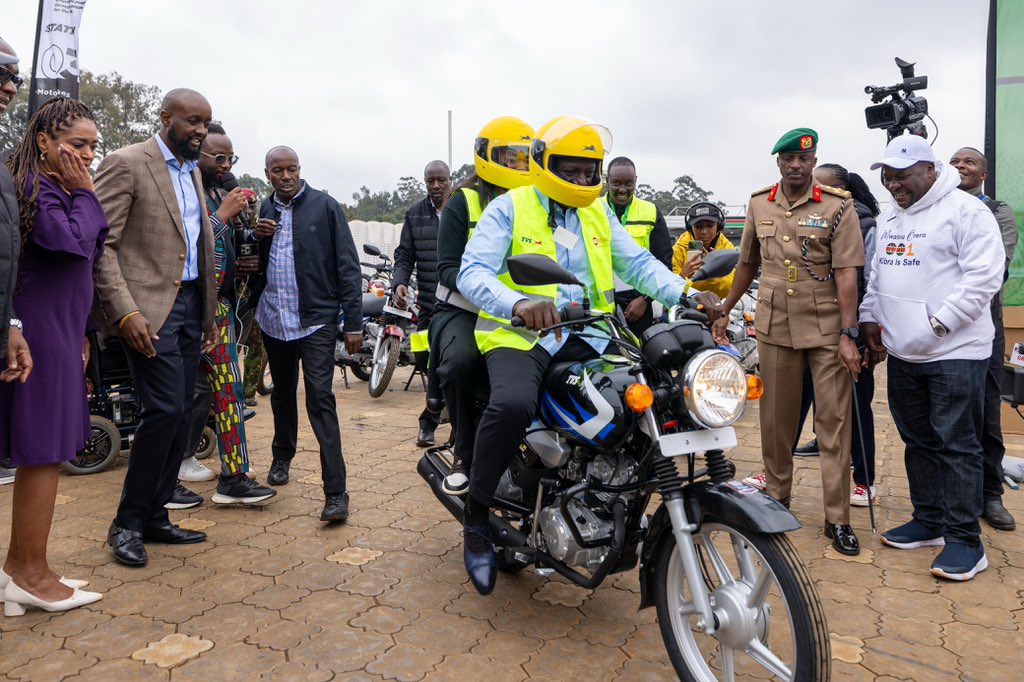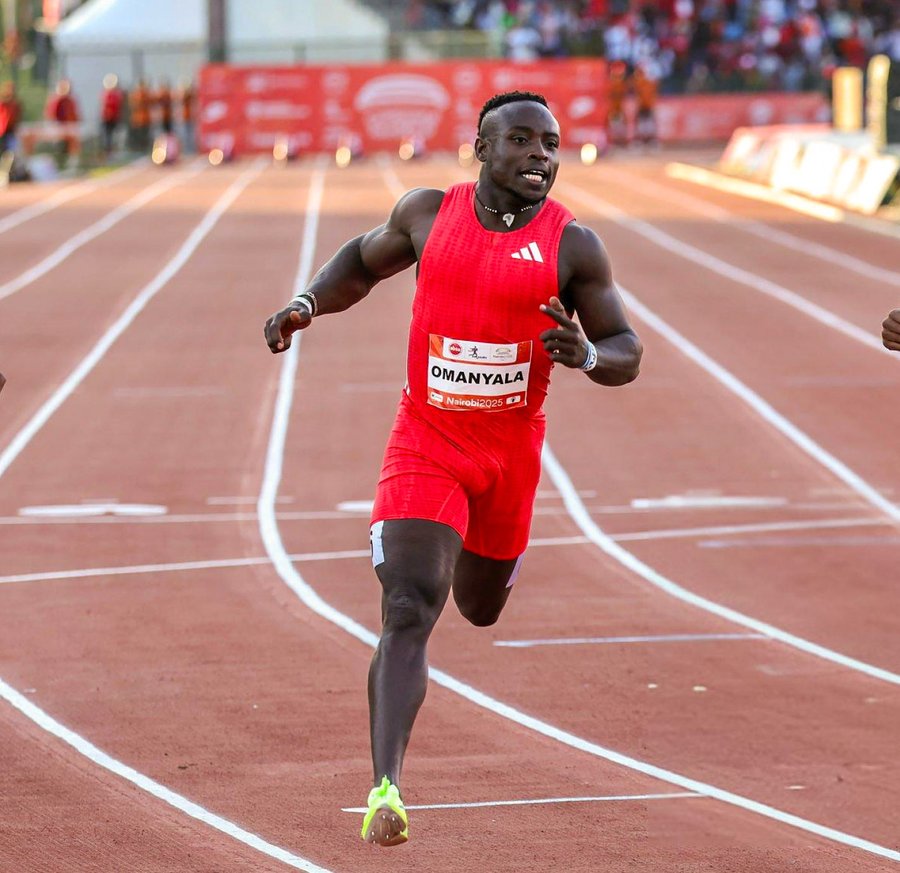Senators demand answers over Sh7 billion mineral survey as report remains unpublished
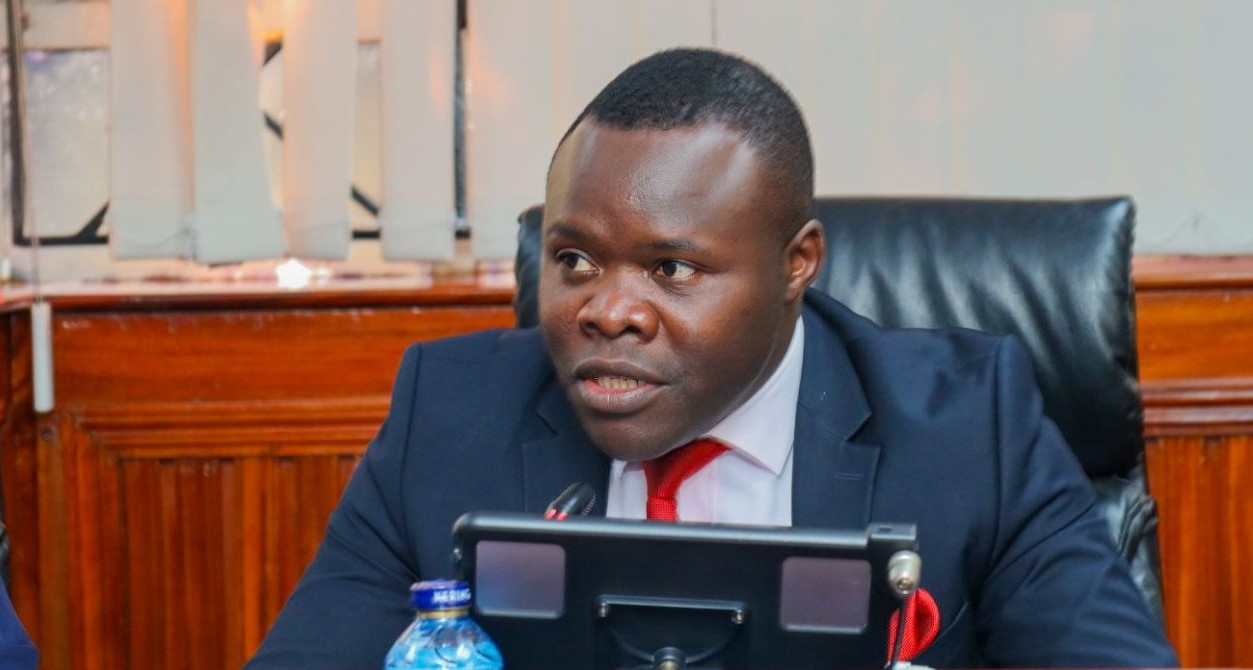
The aerial geophysical survey, conducted between 2019 and 2022, was designed to establish which minerals are available in Kenya, their commercial value, and the locations of natural mineral deposits across the country.
The government is facing mounting criticism over the Sh7 billion spent on a mineral mapping exercise whose findings remain undisclosed to the public.
Senators have now demanded answers on why the report has not been released, citing fears that vital information about the country’s mineral wealth is being withheld from the public and potential investors.
More To Read
- Over 30 counties to receive Sh2.9 billion in mineral royalties after decade-long wait
- Government orders closure of illegal gold mines in West Pokot after deadly accidents
- Newly established National Government Administration Police Unit begins operations under command of Charles Mutuma
- Police launch investigation into suspected copper smuggling at Mombasa port
- Joho calls for dismantling of illegal mining cartels to boost Kenya’s economy, enhance regulatory standards
- New investigative branch of mining police unit launched to curb illegal exploration of minerals in Kenya
The aerial geophysical survey, conducted between 2019 and 2022, was designed to establish which minerals are available in Kenya, their commercial value, and the locations of natural mineral deposits across the country.
Despite the significant investment, the results remain unpublished, raising concerns among the legislators.
Migori Senator Eddy Oketch, speaking in the Senate, questioned why President William Ruto’s administration has delayed publishing the findings.
“The committee should establish the findings of the aerial geophysical survey of Kenya’s mineral resources undertaken between 2019 and 2022 and the reasons for the failure by the government to publish the said findings, including the projected timelines for such a publication,” Oketch said.
Strategic minerals
Senators are also seeking clarity on whether the Mining, Blue Economy and Maritime Affairs Cabinet Secretary consulted relevant stakeholders before recommending the declaration of 14 minerals as strategic in 2023.
The minerals designated as strategic include uranium, thorium, nickel, cobalt, graphite, terbium, tin, lithium, severity, coltan, chromite, niobium, rare earth and copper.
Oketch urged the Senate Lands Committee to provide details on the advice given by the Mineral Rights Board and the Director of Mines concerning the declaration of these minerals as strategic.
He noted that the Mineral Rights Board lacked a presidentially appointed chairperson at the time, raising questions about the legal standing of the advisory.
“The Lands Committee should provide details on the advisory by the Mineral Rights Board and the Director of Mines on the declaration of the 14 minerals as strategic, including an assessment of the legal standing of the advisory by the Mineral Rights Board, which did not have a chairperson appointed by the President at the time,” he said.
Alternative livelihood options
The senator further requested information on alternative livelihood options and support mechanisms the government has put in place for miners adversely affected by the strategic declaration.
Oketch also expressed concern about the harassment of artisanal and small-scale miners by officers in the Mining Police Unit. He asked what measures exist to protect these miners and what mechanisms are available for reporting harassment.
“What are the measures put in place to protect artisanal and small-scale miners from harassment by officers in the Mining Police Unit? What is the reporting mechanism for such a statement?” he posed.
He called for transparency on the formation of the Mining Police Unit, established to combat illegal mining, smuggling, and money laundering within the sector.
Oketch also wants details on the number of cases handled by the unit, quantities of illegally mined minerals recovered, and the prosecution status of those responsible.
Artisanal and small-scale miners
Highlighting government policy changes, Oketch noted that in October 2023, the Cabinet lifted the ban on mining using traditional and customary methods, but progress in integrating artisanal and small-scale miners into the mainstream sector has been slow.
“What is the number and identities of artisanal and small-scale miners granted mining permits in each county since the Cabinet decision to vacate the prohibitions on artisanal mining?” he posed.
Supporting the call, Taita Taveta Senator Johnes Mwaruma raised concerns about police harassment of artisanal miners, particularly those mining Tsavorite. He criticised the exclusive rights given to the National Mining Corporation (NAMICO) for strategic minerals.
“We have always raised concerns on the rationale and justification of classifying some minerals as strategic minerals, which should only be mined by the National Mining Corporation. We have asked about the rationale, and have also asked if there has been adequate stakeholder involvement in classifying these minerals,” Mwaruma said.
He also questioned why the aerial survey data had not been made public.
No transparency
Nominated Senator Beatrice Ogola questioned why the government is transparent about natural resources like wildlife and forests but reluctant to publish mineral inventories.
“It is very easy to know where wild animals and forests are, yet the ministry doesn’t want to make public the inventory of minerals,” Ogola said.
Tana River Senator Danson Mungatana revealed that the survey identified 970 mineral occurrences nationwide and noted that the Ministry of Mining and Blue Economy spent Sh7 billion (approximately $65 million) on the aerial geophysical surveys from 2019 to 2022.
Vihiga Senator Godfrey Osotsi urged the Senate to investigate artisanal mining in the counties, highlighting the influx of foreign nationals involved in gold mining, especially in Western Kenya.
“We have Chinese, Indians, Nigerians and many other foreigners in the name of mining gold. Many children have left school because they are busy sieving soil and looking for gold. Women have left their homes searching for gold. What happens to this gold when they mine it? No one knows where it goes,” Osotsi said.
He alleged that ministry officials, police, and county governments are aware of companies operating the illegal trade.
Nominated Senator Esther Okenyuri called on the Lands Committee to examine the criteria used to designate certain minerals as strategic.
“For a long time, I have been thinking that soapstone and whatever surrounds it from Kisii is strategic enough to convince the Ministry or Government to support that as an economic activity,” she said.
The Senate is now awaiting detailed responses from the Ministry of Mining and the Lands Committee on these pressing issues.
Top Stories Today
